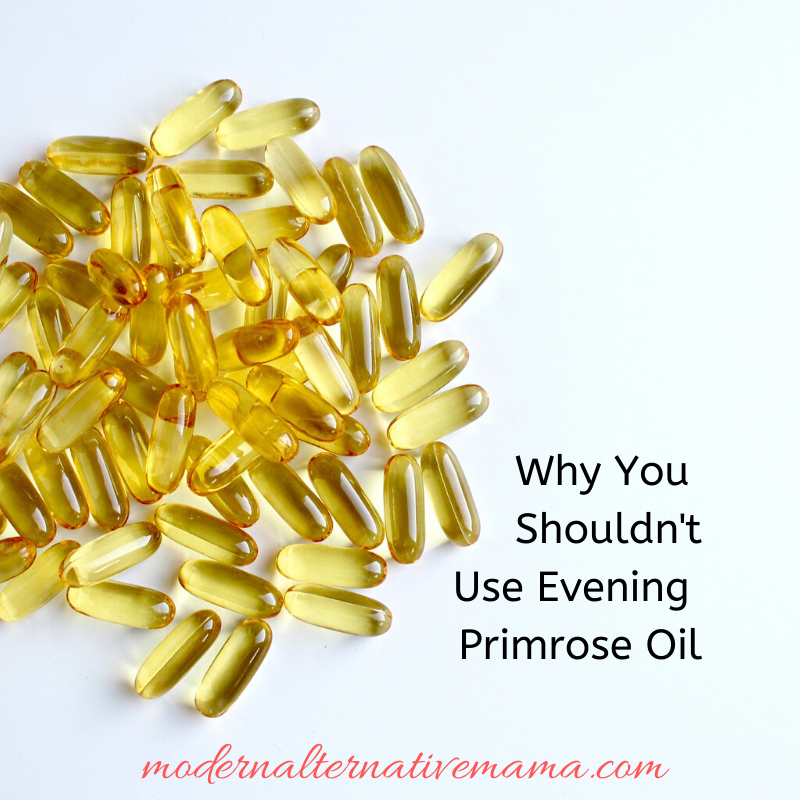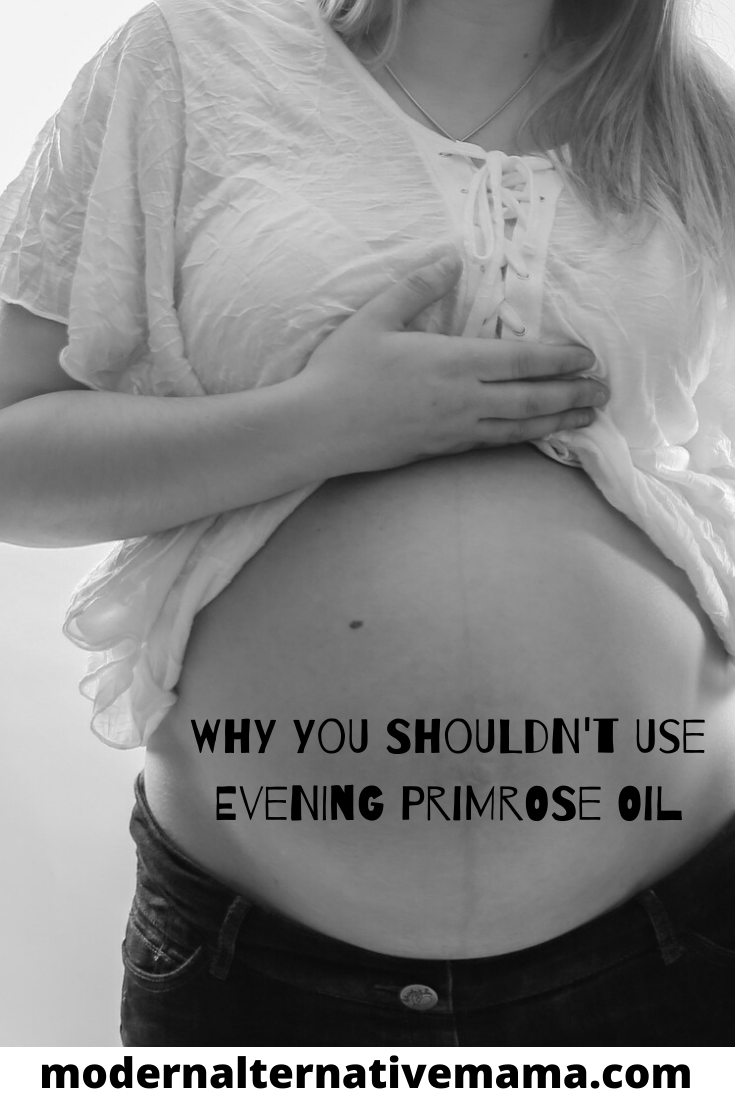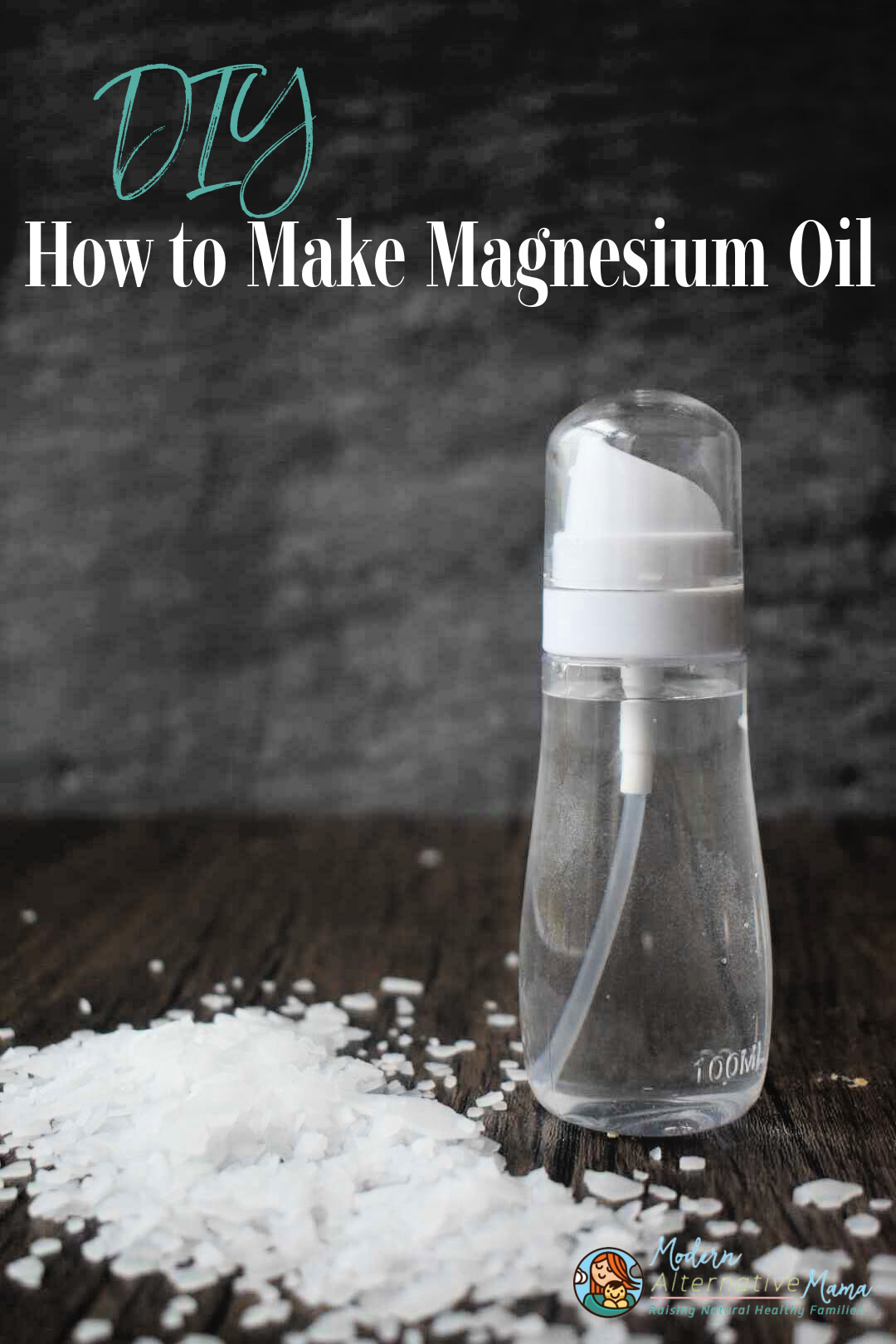Evening primrose oil is a commonly suggested birth prep supplement. But does it work, and is it safe?
By Danielle, contributing writer
Many midwives and natural birthing mothers have used evening primrose oil (EPO) to induce labor or soften the cervix. However, there’s little evidence that it does those things, and it may even have a negative side effect on laboring mothers. Let’s look deeper.
What is EPO?
Evening primrose oil is a plant that’s native to North America and sold in most health food stores in oil or capsule form. It is loaded with omega 6 fatty acids, and was used by Native Americans for wounds, skin issues, and hemorrhoids. It is also used to help with PMS and breast pain, rheumatoid arthritis, ADD, and asthma.
Many midwives have suggested supplementing EPO in the weeks before birth to soften the cervix and to. Though this has been shared with best intention and it could have a positive effect on some birthing mothers, there is actually no proof that EPO softens the cervix, shortens labors, or naturally induces.
Let’s take a look at the studies…
There are two studies that look at the use of oral EPO prior to birth to soften the cervix. There are no vaginal studies done for this use.
The first study was done in 1999 and had these findings:
Findings suggest that the oral administration of evening primrose oil from the 37th gestational week until birth does not shorten gestation or decrease the overall length of labor. Further, the use of orally administered evening primrose oil may be associated with an increase in the incidence of prolonged rupture of membranes, oxytocin [Pitocin] augmentation, arrest of descent, and vacuum extraction.
In 2006, another study was done which found that women who take EPO do experience a higher degree of cervical ripening, however, that made no difference for their labor:
“There was no significant difference in the interval from onset or end of treatment to onset of labor between the two groups.”
Not only it is not effective, there are other concerns with supplementing EPO near delivery.
What could go wrong?
The omega 6 fatty acids in EPO thin the blood, which is not something you want before, during, or after birth. Many midwives and nurses have questioned if the increase in fish oil supplementation is to blame for the increase in postpartum hemorrhage. You should consider stopping fish oil or omega supplementation after 36 weeks of pregnancy so that your blood will not be thin.
Though that’s the main danger, EPO can also lower blood pressure and interfere adversely with anti-depressants.
What should you supplement before birth?
First, keep in mind that the baby’s lungs secret hormone messengers to begin the birth process and you don’t necessarily need anything to “help” you give birth – your baby and body know what to do!
The best thing you can do to ensure a great start to birth is choose your birth provider wisely and eat a whole food diet throughout your pregnancy.
Choose a physician or midwife that will allow you to go into labor naturally before 42 weeks, and respects your wishes and right to informed consent. Make it also a priority to eat a whole food based diet rich in animal protein and good fats and fresh organic produce throughout your pregnancy.
In the weeks before birth, cut down your fish oil and omega supplements, and focus on eating raw nuts and seeds, foods high in calcium and magnesium, like raw milk and pumpkin seeds, and stay hydrated. You should also be exercising regularly, which may look like walking and stretching.
Herbs that are safe for labor preparation, and double as vitamin and mineral boosters, are nettle leaf and red raspberry leaf. Enjoy them as daily teas.








In the first study, were these births studied all natural vaginal births? were there any differences in vaginal vs C-section or epidural vs no epidural or vs using labor inducing drugs vs not? If these were not taken into account could the primrose be interacting with some of these things?
I used EPO vaginally before the birth of my first baby. My water actually broke before labor began, which was odd. I wonder if the EPO had anything to do with that… I guess I’ll never know for sure. With my second baby I did not use EPO, but I did eat 6 dates a day for the last few weeks… my water broke about a minute before she was born! I probably won’t use EPO again…. but the dates did seem to have a positive effect!